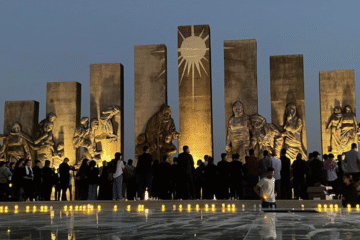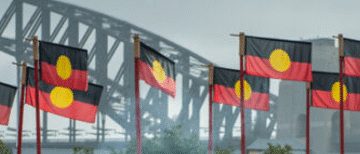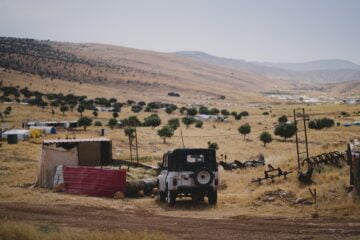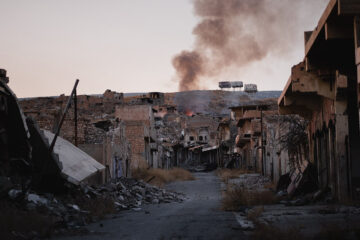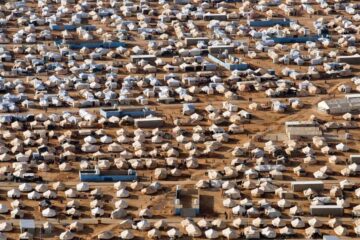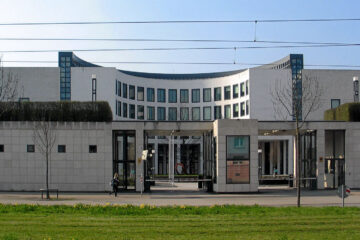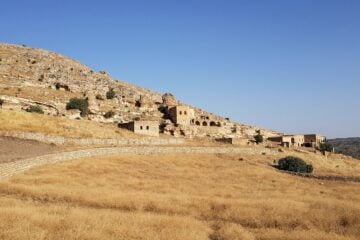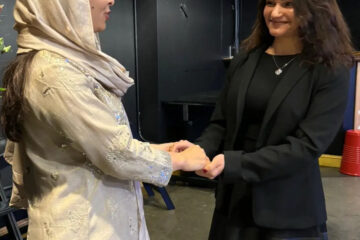11 Jahre seit dem Völkermord an den Êzîden – Was ist geschehen?
Elf Jahre nach dem Völkermord an den Êzîden bleibt die Wunde tief und die Forderungen ungehört: Tausende Familien wurden zerstört, über 2.600 Frauen und Kinder gelten weiterhin als vermisst, und der Kampf um Gerechtigkeit und Anerkennung dauert an. Trotz internationaler Aufmerksamkeit sind viele Täter noch frei, Sinjar bleibt unsicher, und die Rückkehr der Êzîden wird durch politische Machtspiele blockiert. Das ezidische Volk fordert zurecht nicht nur Erinnerung, sondern konkrete Maßnahmen – Schutz, Wiedergutmachung, die Bewahrung ihrer uralten Religion Sharfadin und eine Zukunft in Würde.
